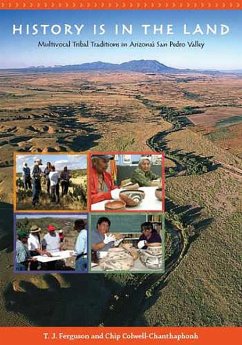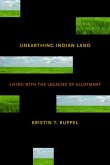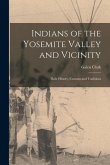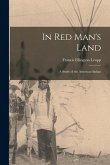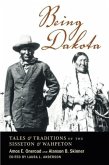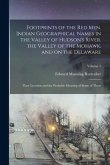Arizona's San Pedro Valley is a natural corridor through which generations of native peoples have traveled for more than 12,000 years, and today many tribes consider it to be part of their ancestral homeland. This book explores the multiple cultural meanings, historical interpretations, and cosmological values of this extraordinary region by combining archaeological and historical sources with the ethnographic perspectives of four contemporary tribes: Tohono O'odham, Hopi, Zuni, and San Carlos Apache. Previous research in the San Pedro Valley has focused on scientific archaeology and documentary history, with a conspicuous absence of indigenous voices, yet Native Americans maintain oral traditions that provide an anthropological context for interpreting the history and archaeology of the valley. The San Pedro Ethnohistory Project was designed to redress this situation by visiting archaeological sites, studying museum collections, and interviewing tribal members to collect traditional histories. The information it gathered is arrayed in this book along with archaeological and documentary data to interpret the histories of Native American occupation of the San Pedro Valley. This work provides an example of the kind of interdisciplinary and politically conscious work made possible when Native Americans and archaeologists collaborate to study the past. As a methodological case study, it clearly articulates how scholars can work with Native American stakeholders to move beyond confrontations over who "owns" the past, yielding a more nuanced, multilayered, and relevant archaeology.
Bitte wählen Sie Ihr Anliegen aus.
Rechnungen
Retourenschein anfordern
Bestellstatus
Storno

